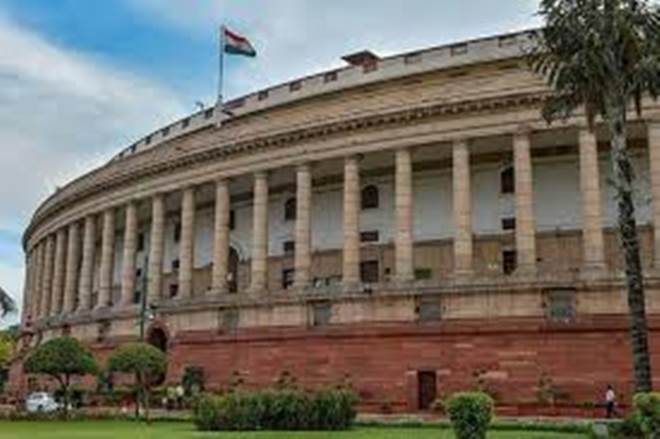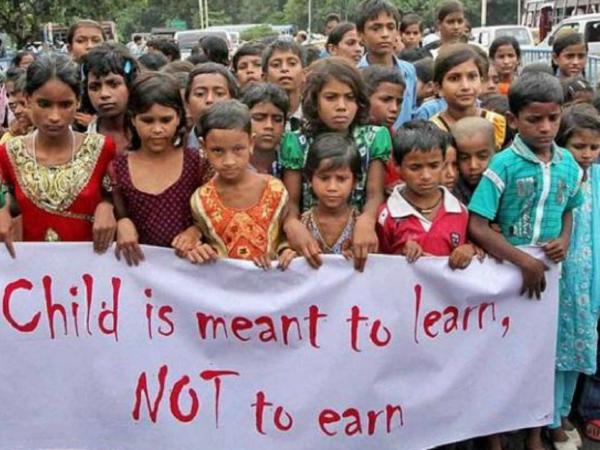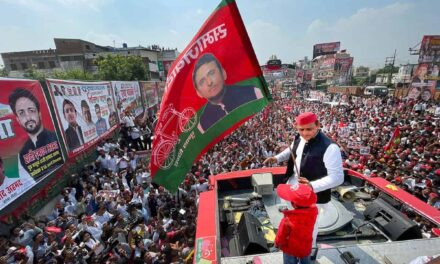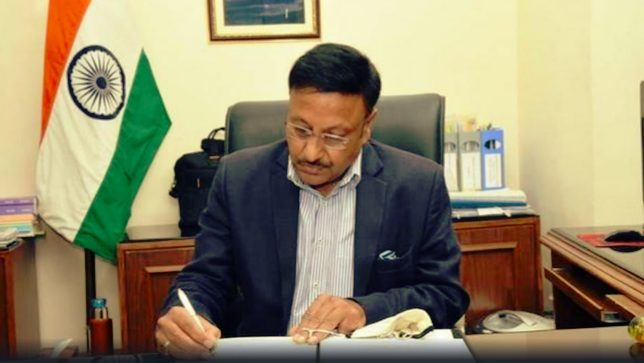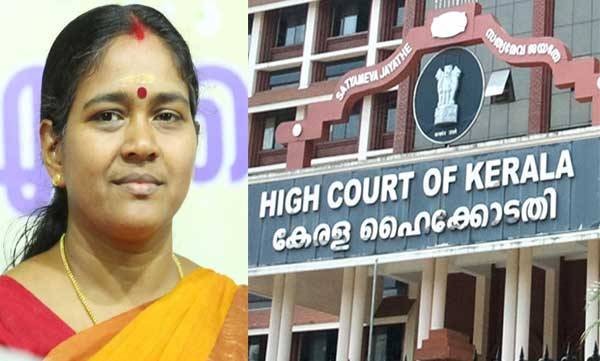Lok Sabha has passed a constitution amendment bill to introduce 10 per cent reservation for poorer sections among general category aspirants for jobs and educational institutions.
Lok Sabha Speaker Sumitra Mahajan said the bill had been supported by 323 members while only 3 members voted against it.
The bill – which was passed by a majority of not less than two-thirds of the members present and voting – will be taken up by the Rajya Sabha tomorrow.
This is the first time that economic status would entitle a person to reservation benefit at a national level.
The 10 per cent quota covers nearly 190 million people from the general category and is seen as an effort by the BJP-led national coalition to reach out to upper caste groups and once-dominant agrarian communities such as the Patidars, Jats, Gujjars and Marathas who have been lobbying for reservation.
The upper castes have a significant share in population in northern and central India states such as Rajasthan, Madhya Pradesh, Uttar Pradesh and others. The Jats and Gujjars dominate Haryana, Rajasthan and western Uttar Pradesh.
The Congress, which had expressed reservations at the government pushing the bill without getting a parliamentary panel to study the law, also voted in favour of introducing the reservation.
Nearly 30 members participated in the debate, mostly in support of the bill that has been described by BJP leaders as a ‘masterstroke’ and a ‘game-changer’.
“The policy is good, so is the intention,” said social justice minister Thawar Chand Gehlot responding to criticism in Lok Sabha during the debate that politics, and not public interest, had driven the government to time the initiative just months before the Lok Sabha elections.
“Poor people from across all religious communities… will benefit from this amendment,” said Gehlot shortly before voting was to begin.
The minister said the government could be criticised, rightly so, that the centre had brought the amendment bill at the last moment. “Yes, we were late… but our intentions are good,” he said.
DMK chief MK Stalin had declared well before the debate started that his party opposes the bill because the quota should be based on social backwardness and not economic status.
Tamil Nadu’s ruling AIADMK party said quota cannot be based on economic status and would be struck down in courts.
“For the economically weaker sections, this government has brought several pro-poor schemes and the reservation is needed only if government schemes have failed,” AIADMK leader Thambidurai said, before walking out of the house.
Asaduddin Owaisi of AIMIM had opposed the bill, which he had described as a “fraud on the Constitution”. “It’s an insult to BR Ambedkar. It’s against the spirit of the Constitution,” he said during the debate.
Finance Minister Arun Jaitley had earlier addressed concerns raised by the Congress pulled out the opposition party’s manifesto for the 2014 elections to ask the party that it should support the bill whole-heartedly, not grudgingly.
He also hit out at the Congress which had described the bill as a jumla, or a false promise. “This jumla had come from them (Congress),” Jaitley said.

